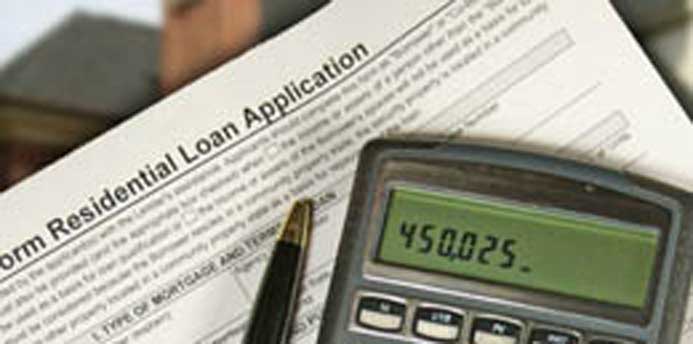If you own a home, you’re probably considering refinancing your mortgage.
“Interest rates are lowest they’ve been since 1949,” Glenview realtor Allyson Hoffman says. “If you can make it work, you’re going to be borrowing money really cheap.”
Before you get swept away by fantasies of lower mortgage payments, ask yourself these 4 questions to determine if refinancing is the best option for you.
Can you qualify for favorable terms?
Lending terms have tightened considerably in recent years, so the credit score and debt-to-income ratio that got you your original mortgage may not cut it today. Many people have experienced job loss and taken other financial hits that have diminished their qualifications as borrowers. “They put you under a microscope. You could have an 800 credit score, and you’re still going to go through incredible scrutiny,” Hoffman says. Bottom line: Make sure your record is squeaky clean before you refinance.
How much equity do you have?
The biggest problem, Hoffman says, is that many homeowners don’t have enough equity in their houses because of dramatic declines in property values. If you have less than 20 percent equity in your house, you would have to pay for mortgage insurance on top of other expenses like appraisal fees, loan processing and closing costs. “You could find yourself with $6,000 or $7,000 of refinancing fees,” Hoffman says. “And then, what are you really saving?”
What are your long-term financial goals?
Randy Raup is senior vice president of retail lending at BMO Harris Bank. He encourages homeowners to consider their long-term plans when deciding whether to refinance. If, for example, you plan to retire soon and want your mortgage paid off before you quit working, refinancing may not make sense. But, if you’re saving for college, lowering monthly mortgage payments through refinancing could help you reach that goal. Another important consideration, Raup says, is how long you plan to stay in your house. If you sell within five years, you may not recoup the costs you incur to refinance.
What other assets do you have?
If your equity in your house is just under the threshold you need to secure favorable refinance terms, but you have other assets you can tap into, it could make sense to pay down your mortgage, according to Jack Guttentag, Professor of Finance Emeritus at the Wharton School at the University of Pennsylvania. “That is often a very good investment, especially in situations where you have a loan-to-value ratio of 85 percent. If you pay down to where it’s only 80 percent, you get a very high return because you are paying less on the rest of that balance.”

